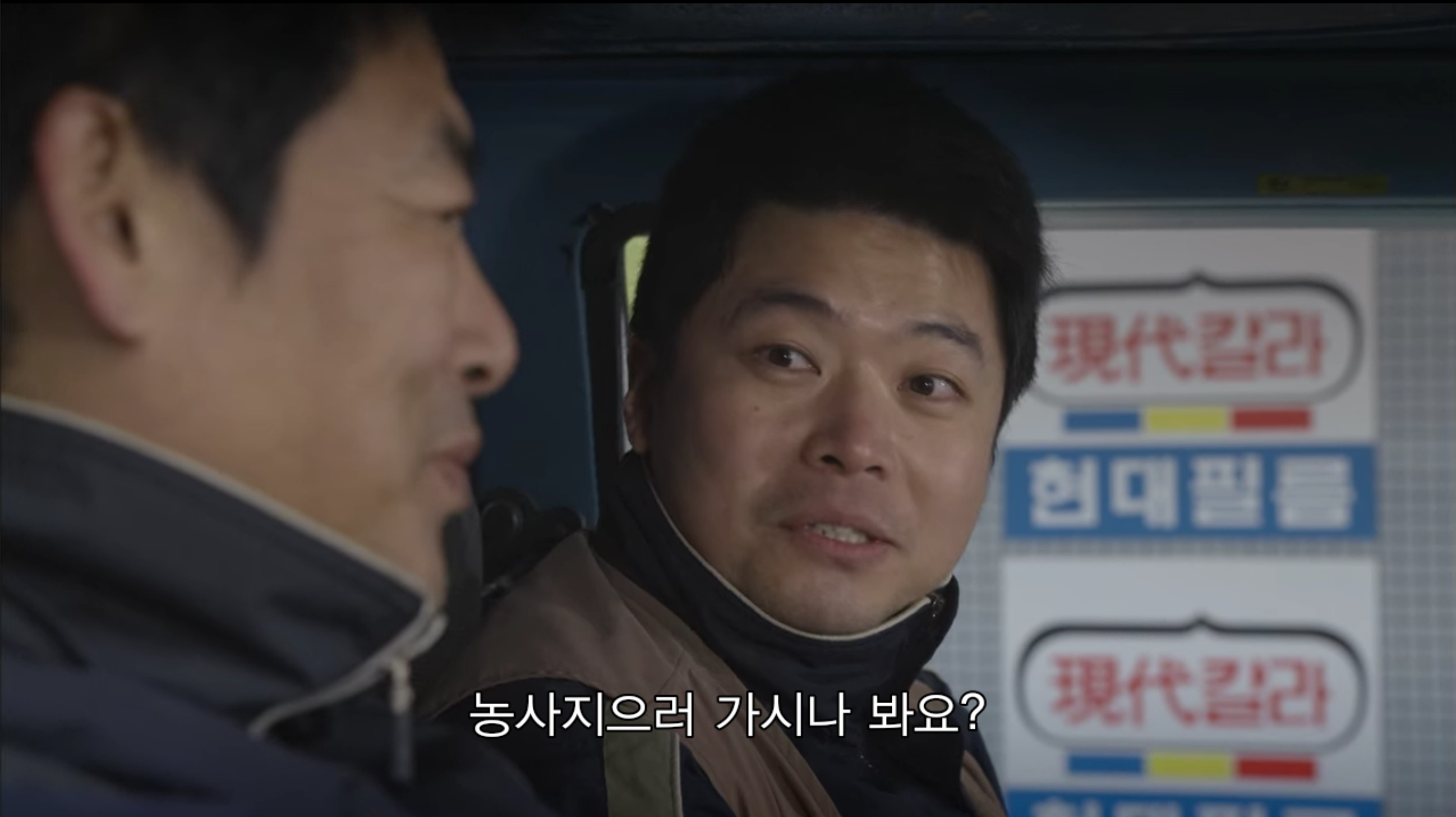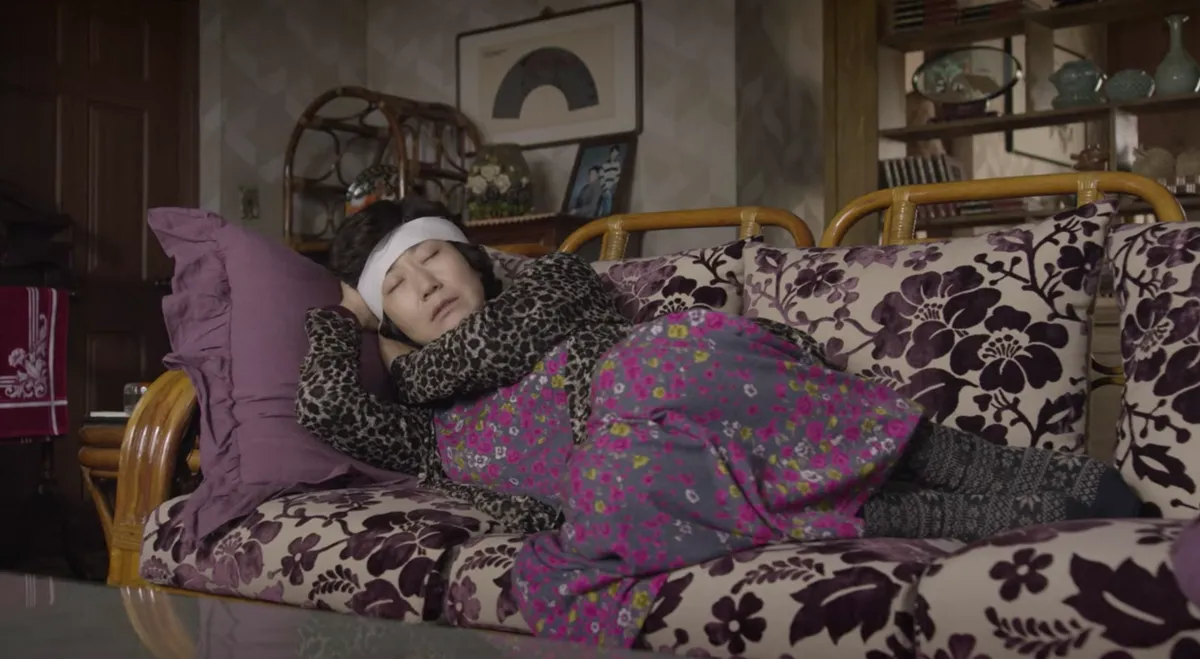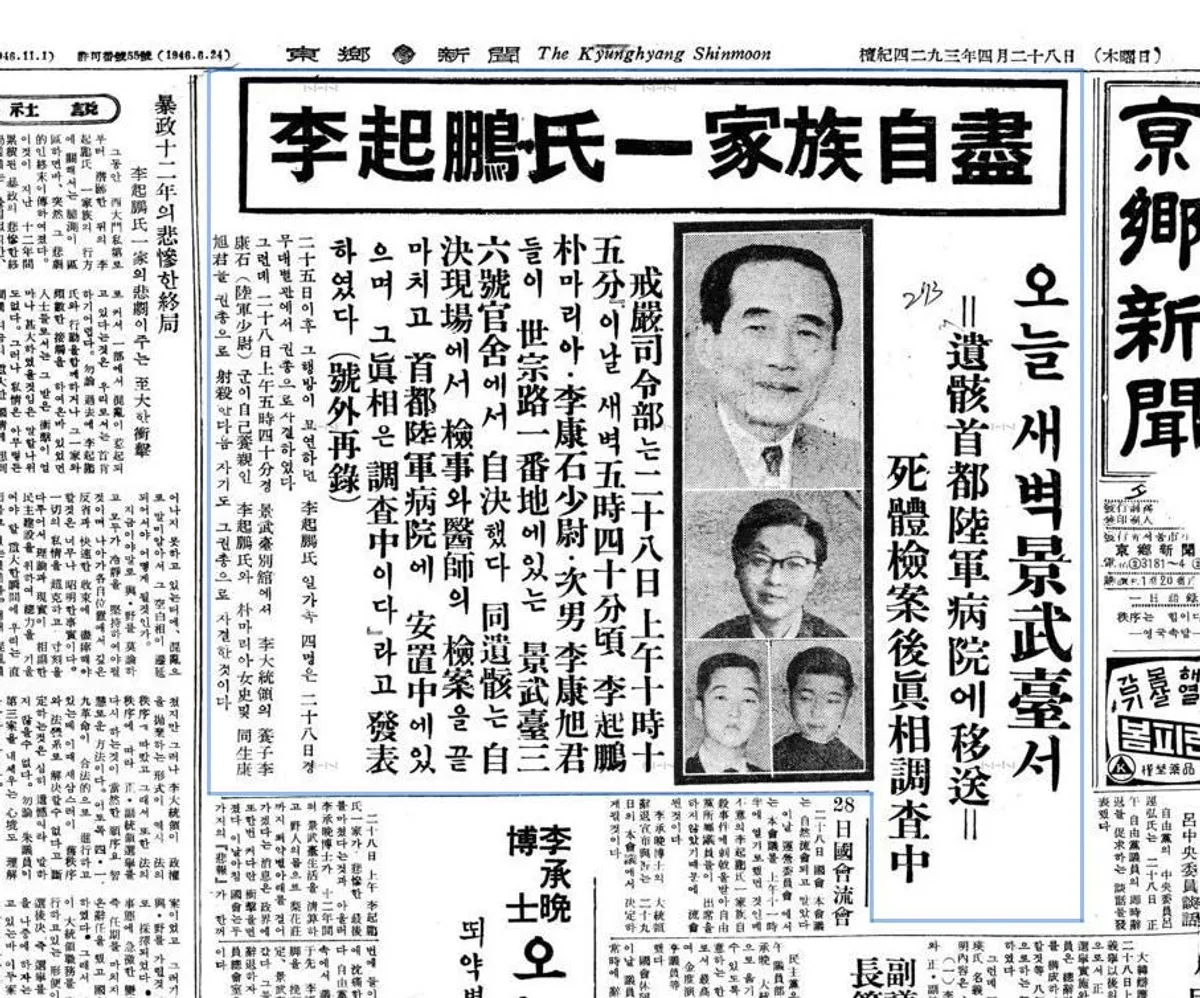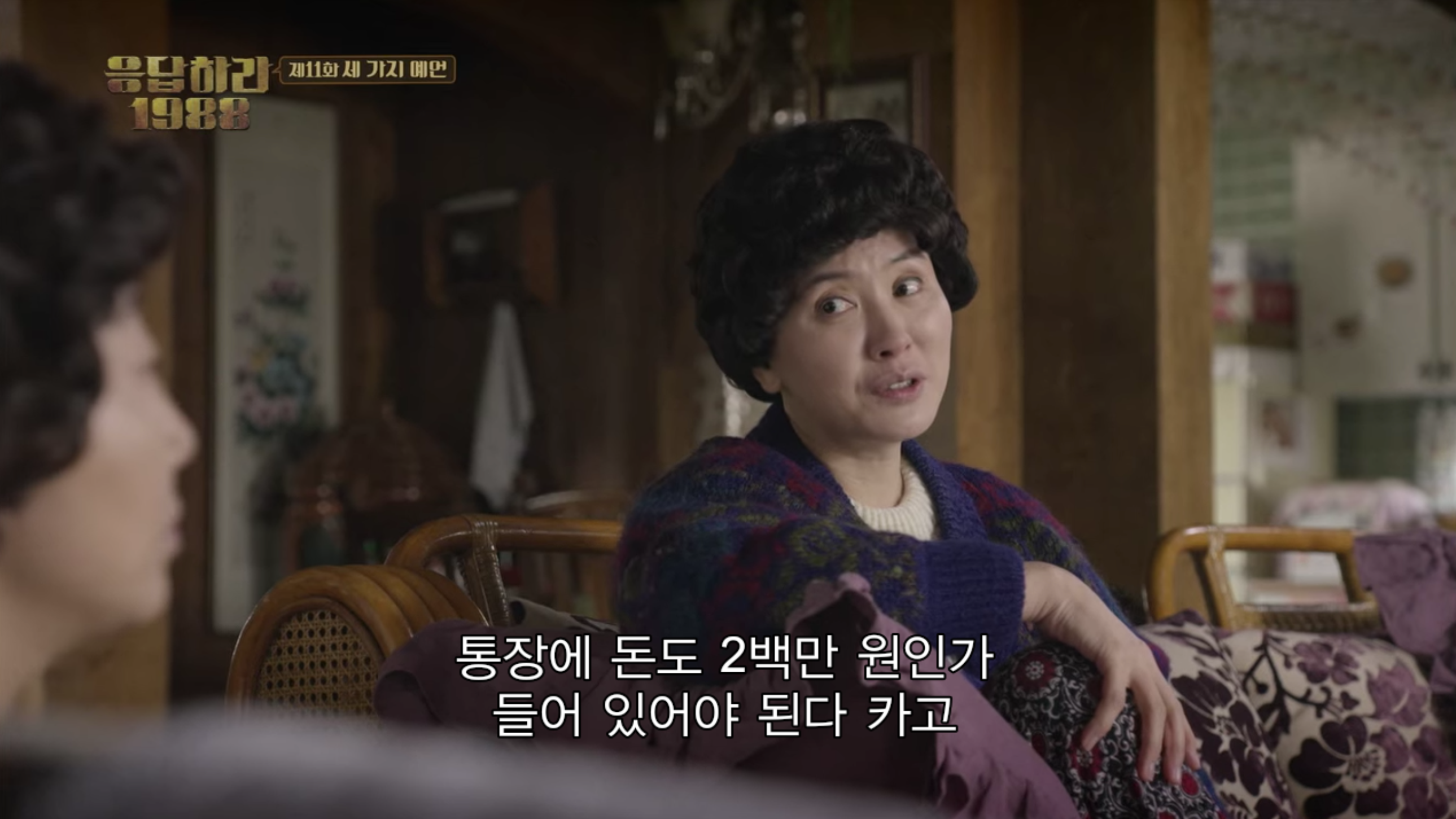The TVN Korean drama Reply 1988 after several years ended with the highest ratings record of the cable station at that time. It was also the most popular among the Reply series of dramas and became a classic among classics in terms of popular Korean dramas.
Having said that, many people who watched it came away with some questions. This was due to the fact that many plot points were rooted in factual representation of what life was like in Korea at that time (which was very different from now).
It's a great opportunity to learn about Korean culture and how it has evolved over time.
Where Is Pangyo?

In Reply 1988, it was said that President Kim (Jung Hwan's dad) and Deok Sun's family moved. It was further mentioned in the plot that Pangyo had not yet been developed.
So when asked where they were going and he replied, "Pangyo," the driver was confused and thought they were going to a farm.
But where exactly is Pangyo?
After the ban on urban green belts was lifted in 2001, the Pangyo area of Gyeonggi Province, located in the suburbs of Seoul to the south of Gangnam, was developed by the Korean government under the Pangyo New City project.
 "Pangyo. We're moving to Pangyo."
"Pangyo. We're moving to Pangyo."
 "You must be going there to do farm work?"
"You must be going there to do farm work?"
Nowadays, Pangyo is a tech-valley and filled with wealthy apartment villages and department stores.
In the drama, moving to Pangyo at that time would have paid off in a big way as the value of land has increased a hundred-fold.
Why Do Mothers Wear White Cloth Strips On Their Heads?

After finding out that their children loved each other (much to their dismay), both mothers wrapped their heads in white cloth a moped around.
What in the world could that all be about?


This is not to express protest or anything, but in Korean folk remedies, it is believed that only a white cloth strip can be used to relieve headaches.
In the past, if someone was sick in bed, they would tie a white cloth strip on their head to relieve the pain.
What Is The Democratization Movement?

In the drama, Bo-ra joined the Democratization Movement, which was a huge transition period in Korea.
Korean citizens protested fiercely to break free from the military rule that reigned over the country and establish a Democratic government.

In 1981, the coup of Chun Doo-Hwan came to power and the appointment of Roh Tae-woo at the end of his term of office triggered the June Democratic Movement in 1987.
The situation in South Korea prompted the International Olympic Committee to state that if the political situation in South Korea remained unchanged, the qualification to host the Seoul Olympics in 1988 would be rescinded.
This led to South Korea’s most important June 29 Declaration, which was amended to bring the first presidential election.
Direct elections by the people ended South Korea’s dictatorship and military authoritarian rule that had persisted for 40 years.
Is It Really The President That Jung-Bong Saw In The Temple?

Before preparing for the heart surgery, Jung-bong went to a temple to live for a while.
At that time, he saw a bald person next to him. He was surprised and said, "That person is...Chun Doo-Hwan." This could genuinely have happened!
In 1988, although Chun Doo-hwan stepped down as President, he still held a certain core of power.
During his tenure as president, he had perpetuated the Gwangju Massacre and Suppression Incident. After a discussion with Chun Doo Hwan, then-President Roh Tae-woo suggested he go to a temple to deliver his sincere apology and repentance.
Indeed, Chan Doo-Hwan went to a temple to practice for two years.
 "The guy! It's him!"
"The guy! It's him!"
In the end, Chan Doo-hwan practiced in the temple for two years, but he was still unable to wash away the fact that he was indeed guilty.
He was sentenced to death, which was then changed to life imprisonment. He was eventually pardoned by the former President Kim Dae-jung and remains a highly controversial figure.
The Significance Of The 1988 Seoul Olympics

After the Korean War ended, South Korea’s economy fell into a depression.
The then-President promoted the Five-Year Economic Plan. Within 20 years, South Korea’s export-oriented economy and industrialization took off rapidly, which is known as The Miracle On The Han.
Despite the economic prosperity, many Koreans still felt upset about the lingering pain from the recent war. Their families were separated or lost to the cause.
However, when the Olympics came to Korea in 1988, it restored a lot of hope and patriotism in the young nation.

Therefore, the Seoul Olympics was quite extraordinary for South Korea. In addition to witnessing the rapid rise of the Republic of Korea after the war, it was also a great opportunity for Koreans to rise from post-war inferiority to become a power player in East Asia.
Chinese Characters Everywhere

In 1948, the government of the Republic of Korea was established. Although Korean was the main language, the mixed use of Chinese and Korean had been maintained for a long time.
That's why old newspapers, textbooks, and other literature contained a mixture of Chinese and Korean characters.
It wasn't until 1971 that South Korea began to remove Chinese characters from elementary and middle schools to carry out the de-Sinicization campaign, but at that time signs and slogans on the road were still interspersed with Chinese characters.
It was only in 1988 that it was decided to abolish the use of all Chinese characters, including a ban on them during the de-sinicization period. It was not until 1999 that part of the ban on the use of Chinese characters was lifted.
What Is The Meaning Of, "He Who Has Money Is Innocent. He Who Has No Money Is Guilty?"

In the third episode of Reply 1988, there was a brief report of a group of people breaking into people’s homes. At the end of the news report, a robber could be heard saying the above quote.
In this episode, apart from the fact that Deshan's family is annoyed by money matters, the other parts are not expanded on much.
But in Korea at that time, it was quite a big news story. It implied a very sad and painful history of the move from dictatorship to democratization.
This history was later adapted into the movie, Escape from Prison.

In the movie, a group of people were forced to commit theft because of their difficult lives, but their sentence was longer than that of Chun Doo-hwan's brother who had embezzled billions (and finally was exempted from the sentence).
Such unfairness made them choose to escape from prison by hiding in houses, but they did not harm any civilians in the process.
In the end, these escaped persons were all shot to death by the police.
The last person hiding in the house yelled out the window, "He who has money is innocent. He who has no money is guilty," and he killed himself with glass shards. This incident is the Ji Kang-hyun Incident in Korean history.
It captures the sentiment of the common people who felt left behind by the fact that only a few people at the top were collecting all the wealth as South Korea built up its economy during The Miracle On The Han."
This sentiment is still prevalent today.
Why Can't People With The Same Surname Get Married?

In addition to the surname indicating blood relations, Koreans will discuss the origin or location of their surname and ancestry. It was important to distinguish the Kim family from Busan and the Kim family from Seoul.
In the old days, it was forbidden to marry someone with the same surname for fear of them being related distantly.
Article 809 of the Korean Civil Law once stipulated that "marriage of the same surname and the same origin is prohibited."
Therefore, many male and female friends who have the same surname and are originally from the same place would be prohibited from getting married.

There is also a scene related to this in Reply 1988. Sun-woo and Bo-ra are both surnamed Sung and even share the same original hometown.
Although they are not related by blood and are separated by several generations, the government at that time still prohibited marriages to people with the same surname and the same origin.
Finally, after years of hard work, in 1995 and 1996 a special law was finally enacted to allow two people with the same surname to marry, and the relevant bills were abolished.
Why Couldn't They Apply For A Passport To Go Abroad?

Due to illness, one of the characters in Reply 1988 needed to ask for help in order to acquire a passport that would allow him to travel overseas. It was not easy to obtain at that time.
What is the background information regarding this?
 "The government will now allow unlimited travels abroad."
"The government will now allow unlimited travels abroad."
 "Before this, I heard you needed 2 million won in your bank to get a passport."
"Before this, I heard you needed 2 million won in your bank to get a passport."
Before the 1988 Olympics, although the government allowed South Koreans to go abroad, it was limited to the elderly and the wealthy.
This was also influenced by the fact that it was still the post-war Cold War period. In order to prevent Koreans from contacting North Koreans overseas, passport issuance was kept to a minimum.
This situation persisted until after 1988. When the wave of globalization rose, the government finally issued passports to the general public.
However, just GETTING the passport wasn't the end.
At the beginning, when a passport was obtained, people who wanted to travel overseas had to pay tuition and go to government designated agencies to learn overseas travel etiquette, anti-communist education, etc. This restriction was not eliminated until the 1990s.
Although at this point "Reply 1988" is considered an "old" drama, it remains an unforgettable classic that accurately depicted the social and political atmosphere of the time.
Hopefully, this background knowledge can help you to enjoy it more when you choose to watch or re-watch it!




